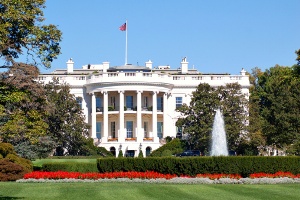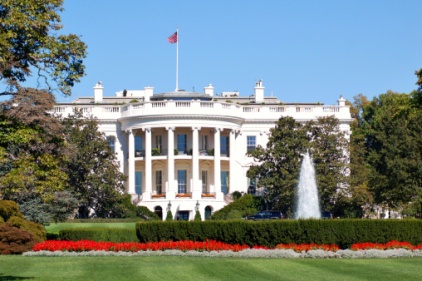 The Washington Post is reporting that the White House deliberately delayed rules affecting worker safety, the environment and the Affordable Care Act to prevent them from causing controversy prior to the election.
The Washington Post is reporting that the White House deliberately delayed rules affecting worker safety, the environment and the Affordable Care Act to prevent them from causing controversy prior to the election.
Reporter Juliet Eilperin cited seven current and former administration officials in a lengthy article in the Post, although none were identified by name. Eilperin said the officials requested anonymity because of “the sensitivity of the topic.”
Among the rules allegedly delayed due to political motives: an OSHA proposal to sharply reduce the exposure limits for crystalline silica dust.
An Executive Order sets a 90 day deadline for the Office of Information and Regulatory Affairs (OIRA) of the White House Office of Management and Budget’s (OMB’s) to review regulations; the silica rule languished in OIRA for more than two years.
Current limit is four decades old
Two million workers are exposed to potentially hazardous levels of silica dust, mostly in the construction and sandblasting industries. Inhaling the dust causes lung cancer and silicosis, a debilitating lung disease. OSHA’s current silica dust rule was issued in 1971.
Barbara J. Dawson, CIH, CSP, president of the American Industrial Hygiene Association® (AIHA), said; “I hope that politics did not play a role in this delay and that politics would never compromise worker health and safety.” Dawson said her organization would “continue to support OSHA as it works to issue a comprehensive silica standard to protect worker health as quickly as possible.”
Adheres to rules
A spokesperson for the OMB said in a statement that the administration’s “approach to regulatory review is consistent with long-standing precedent across previous administrations and fully adheres” to federal rules.
Eilperin’s story includes a reference to a new report from the Administrative Conference of the United States (ACUS), which noted that internal reviews of proposed regulatory changes “took longer in 2011 and 2012 because of concerns about the agencies issuing costly or controversial rules prior to the November 2012 election.” The officials interviewed for the ACUS report were also not identified.



